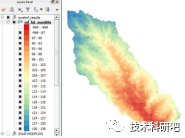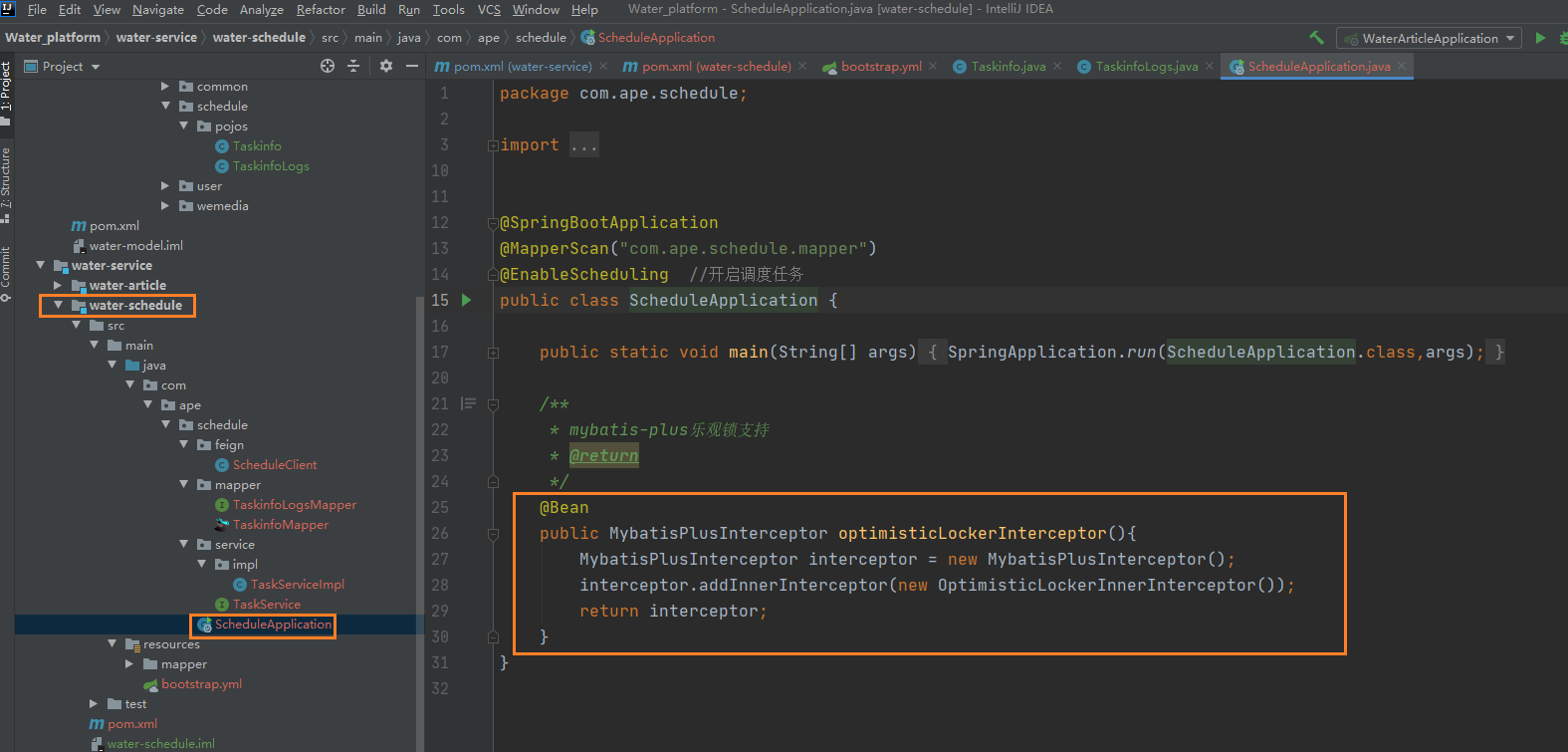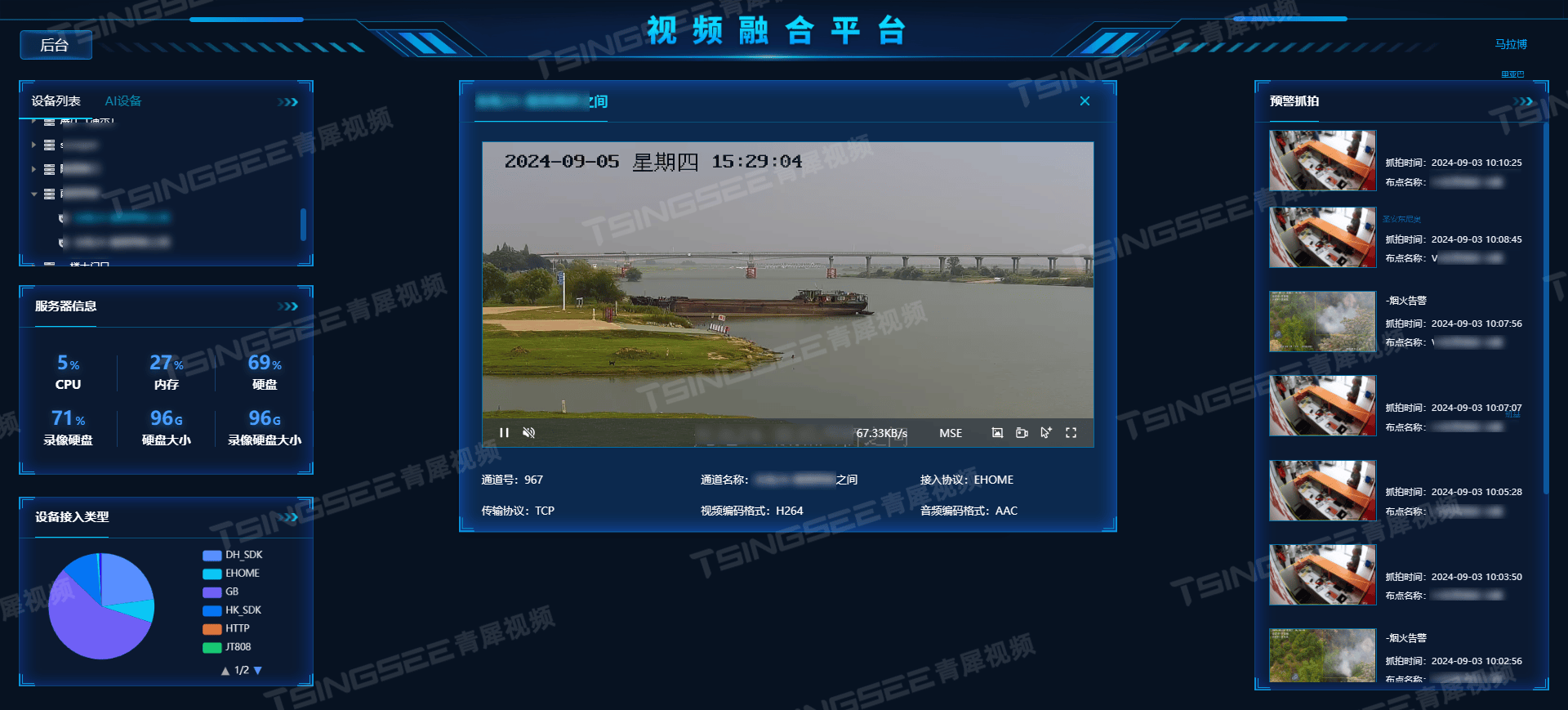What's past is prologue. 凡是过去,皆为序章。
题目

分析
1. 我们可以用栈的结构来解决这道题。
2. 我们使用while循环,每次读取字符串中一个元素进行操作,直到最后读取到 '\0'为止。
3. 如果遇见 '(', '[' ,'{' 这三种左括号,则把该左括号入栈;如果遇见 ')', ']' ,'}' 这三种右括号,则出栈一个栈中的元素。
4. 如果出栈的元素与右括号不匹配,则返回 false;如果匹配,则继续进行下一步。比如:这种情况 " ()[} "。
5. 读取到右括号时,先判断栈中是否还有元素,如果没有元素出来匹配,则说明右括号存在不能匹配情况,则直接返回 false。比如:这种情况 '' ()) "。
6. 对子字符串的遍历结束之后,需要再去判断栈中是否还有元素,如果有说明左括号存在不能匹配情况,则直接返回 false。比如:这种情况 '' (() "。
代码实现
bool isValid(char* s)
{
typedef struct Stack
{
char* arr;
int capacity;
int top;
} Stack;
void InitStack(Stack * ps)
{
assert(ps);
ps->arr = NULL;
ps->capacity = ps->top = 0;
}
void PushStack(Stack* ps,char x)
{
assert(ps);
if(ps->capacity == ps->top)
{
int newcapacity=ps->capacity==0?4:2*ps->capacity;
char* tmp=(char*)realloc(ps->arr,sizeof(char)*newcapacity);
if(tmp==NULL)
{
perror("realloc fail");
exit(1);
}
ps->arr=tmp;
ps->capacity=newcapacity;
}
ps->arr[ps->top++]=x;
}
void PopStack(Stack * ps)
{
assert(ps);
assert(ps->top!=0);
ps->top--;
}
char TopStack(Stack * ps)
{
assert(ps);
assert(ps->top!=0);
return ps->arr[ps->top-1];
}
void DestroyStack(Stack * ps)
{
assert(ps);
if (ps->arr)
{
free(ps->arr);//释放动态数组空间
}
ps->arr = NULL;
ps->capacity = ps->top = 0;
}
Stack stack;
InitStack(&stack);
while(*s!='\0')
{
if(*s=='('||*s=='['||*s=='{')
{
PushStack(&stack,*s);
}
else
{
if(stack.top==0)
{
DestroyStack(&stack);
return false;
}
char ch=TopStack(&stack);
if((ch=='('&&*s==')')||(ch=='['&&*s==']')||(ch=='{'&&*s=='}'))
{
PopStack(&stack);
}
else
{
DestroyStack(&stack);
return false;
}
}
s++;
}
if(stack.top!=0)
{
DestroyStack(&stack);
return false;
}
DestroyStack(&stack);
return true;
}致谢
感谢您花时间阅读这篇文章!如果您对本文有任何疑问、建议或是想要分享您的看法,请不要犹豫,在评论区留下您的宝贵意见。每一次互动都是我前进的动力,您的支持是我最大的鼓励。期待与您的交流,让我们共同成长,探索技术世界的无限可能!



















